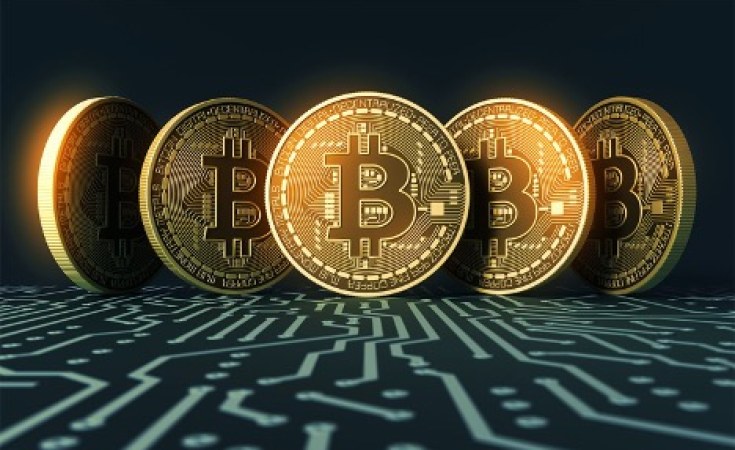Blockchain is the software that allows cryptocurrencies to function (among other things). The most well-known digital currency, Bitcoin, is the one for which blockchain tech was developed. A virtual currency, like the US dollar, is a virtual means of exchange that uses cryptographic systems to detect the formation of various currencies and validate the movement of funds.
A blockchain is a public database that records all peer group transactions. People can validate transfers without the need for a national automated clearing authority using this technology. Fund transactions, trade settlement, elections, and a variety of other topics are also possible uses.
Blockchain technology From Marketing Perspective
It's useful to consider blockchain technology as a form of upcoming company systems integration software from a marketing perspective. Collaborative, inventions such as blockchain, aim to transform business transactions between businesses, reducing the "cost of confidence" dramatically. As a result, it can have considerably better profits on each dollar invested.
Blockchain has piqued the attention of people from various fields, including businesses, health, state, banking, estate development, academia, and so on, as a result of the rapid rise and interest in cryptocurrencies. The growth in the market valuation of cryptocurrencies has given rise to a slew of blockchain-based apps.
Why the Need Of Exchange Platforms?
Cryptocurrencies have become a unique transaction tool, in part due to the volatility of their markets as opposed to conventional government currencies. As a result, they've become prevalent with certain types of investors.
When it comes to buying and acquiring Bitcoin and other cryptocurrencies, the most important consideration is privacy and protection. Many exchange platforms are the easiest, if you wish to buy and keep for a long time, sell regularly, want anonymity or protection, or simply want the ease of use.
PayPal Links With Digital Currency.
PayPal is the newest organization to state it would not spend cash in cryptocurrency, following Tesla's announcement of a $1.5 billion investment of bitcoin. Users will also use their PayPal accounts to purchase and sell bitcoin and Ethereum, another cryptocurrency. The corporation also stated that it acknowledges that the shift to digital currency is unavoidable.
The crypto remarks come as the financial markets have been more active this year. Tesla made headlines earlier this year when it announced that it had acquired $1.5 billion in bitcoin and would start accepting it as a form of currency from consumers. This came after a spike of interest in dogecoin, the virtual coin that Tesla CEO Elon Musk endorsed on his Twitter profile.
Tesla's decision to invest in bitcoin ignited speculation in the financial world about whether other firms will pursue Tesla's lead.
Latest Sensation In Crypto World - Bitcoin Equaliser App
The general public has begun to purchase cryptocurrencies, causing their values to rise. Price rises are accompanied by high uncertainty. You can swap this uncertainty using the Bitcoin Equaliser app. Volatility investing, on the other hand, is more profitable than investing in stocks because it uses liquidity.
As traders keep reporting incredibly high returns by using it to exchange bitcoin, it is gaining huge popularity in 2021. It does all of the investing for you and informs you when those benefit limits are reached. You have the option of withdrawing or reinvesting your profits. We have a simple and secure withdrawal process.
To Conclude
PayPal's growth has been more steady than that of companies like Square, Inc. (SQ), which allowed Bitcoin exchange years earlier. This extension in utilities is now occurring in tandem with a rise in customer demand and understanding of cryptocurrency. Users who purchase bitcoin with PayPal sign back into the app twice as much as those who do not.
It's still early stages for PayPal, although that might improve when consumers are willing to make transactions with cryptocurrency and crypto trading becomes more widely accessible. At the end of the first year, customers will be able to pay for merchandise using cryptocurrency at 29 million retailer locations.


